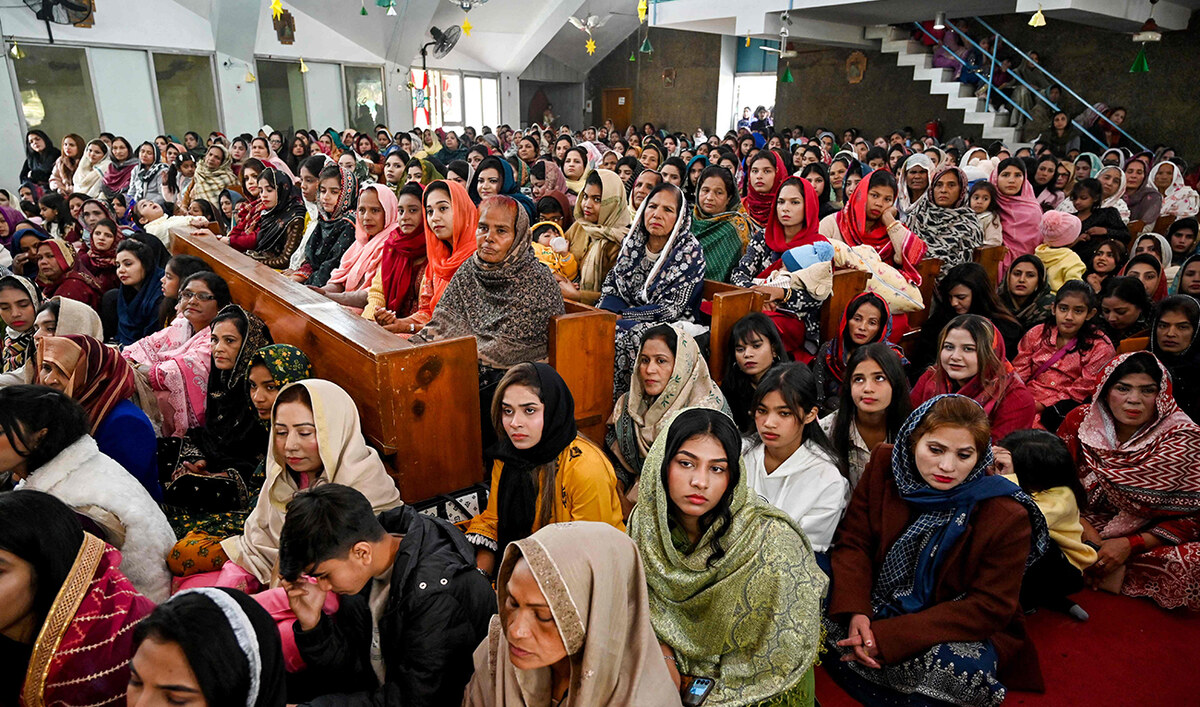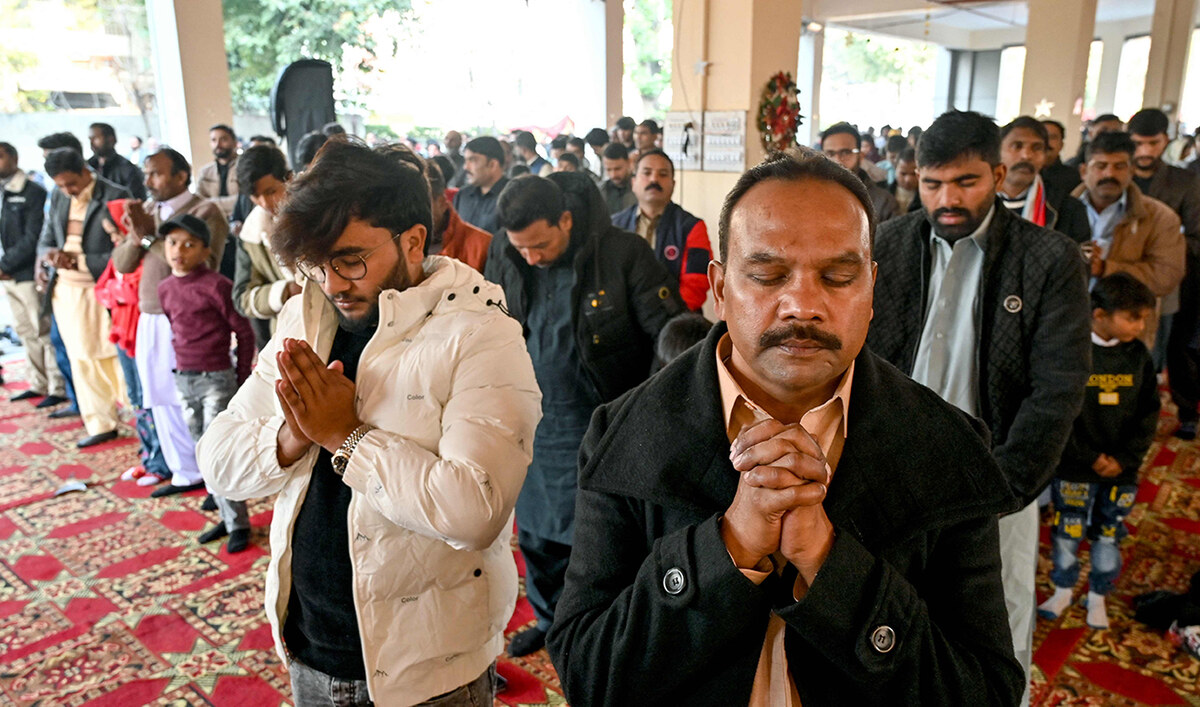KARACHI: Pakistan’s central bank kept its key interest rate unchanged at 22 percent for the seventh straight policy meeting on Monday, hours before the International Monetary Fund executive board meets to discuss the approval of $1.1 billion in funding for Pakistan.
Battling inflation and limited foreign exchange reserves, the cash-strapped South Asian nation is trying to navigate a path to economic recovery under a $3 billion standby arrangement with the IMF secured last summer to avert a sovereign default, and is hoping to sign a longer term program.
The bank’s monetary policy committee said in a statement that it was “prudent” to continue with its monetary policy stance at this stage to bring inflation down to the target range of 5 percent-7 percent by September 2025.
It added that it expected inflation to remain on a downward trajectory, but that recent oil price volatility poses a risk to the outlook. Consumers’ inflation expectations also edged up in April.
“In spite of the positive real interest rate, (the) Pakistan Central Bank rightly kept rates unchanged,” said Mohammed Sohail, chief executive at Topline Securities Ltd.
“This is mainly due to the risk of inflation remaining high in coming months due to higher global commodity prices and budgetary measures that may increase local prices,” he said.
Pakistan’s key rate was last raised in June to fight persistent inflation and to meet one of the conditions set by the IMF for securing the bailout. Reforms under the program have complicated the task of keeping price pressures in check. Inflation has slowed, however that has been primarily due to a high base effect.
Pakistan’s consumer price index (CPI) for March was up 20.7 percent from the same month last year, the lowest reading in nearly two years and below the finance ministry’s projections for the month.




















